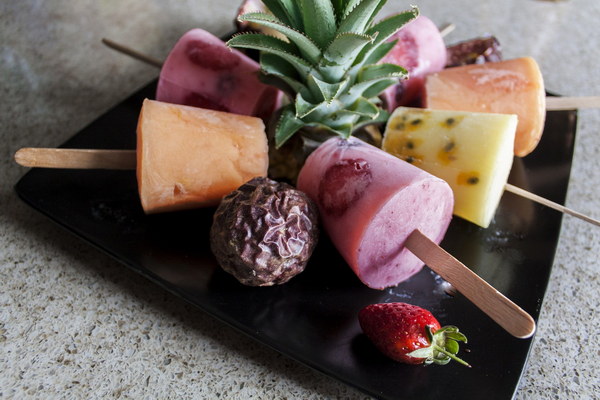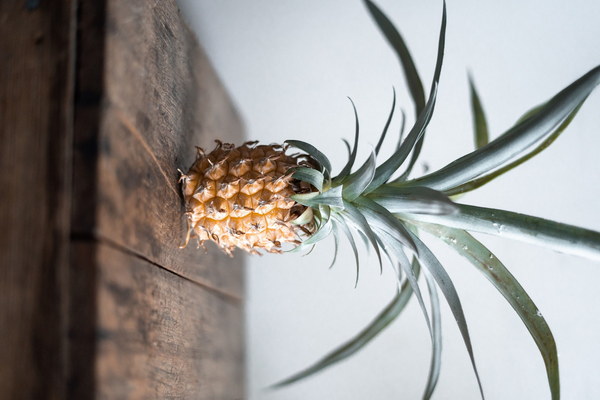Unlocking Health and Focus How Traditional Chinese Medicine Can Enhance Your Exam Preparation
In the relentless pursuit of academic excellence, students often find themselves navigating the treacherous waters of stress, fatigue, and mental strain. Amidst the myriad of study aids and supplements, traditional Chinese medicine (TCM) emerges as a time-honored ally in the quest for peak performance. This article delves into the world of TCM and explores how its ancient wisdom can be harnessed to bolster physical and mental health during exam preparation.
The Ancient Art of TCM and Its Modern Benefits
Traditional Chinese medicine is a comprehensive system of healing that dates back thousands of years. It encompasses a wide array of practices, including acupuncture, herbal medicine, dietary therapy, and tai chi, all aimed at balancing the body's energy, or Qi. For students preparing for exams, TCM offers a holistic approach to health that can address both the physical and psychological challenges of studying.
1. Balancing Qi: The Core of TCM

The concept of Qi is central to TCM. It is believed that an imbalance in Qi can lead to illness and disharmony within the body. During exam preparation, stress and anxiety can disrupt the natural flow of Qi, leading to fatigue, poor concentration, and other symptoms. By using TCM techniques to restore Qi balance, students can experience improved energy levels and mental clarity.
2. Acupuncture: Pain Relief and Stress Reduction
Acupuncture, a staple of TCM, involves inserting fine needles into specific points on the body to stimulate energy flow. This ancient practice has been shown to alleviate pain, reduce stress, and enhance relaxation. By targeting key points associated with stress and anxiety, acupuncture can help students maintain a calm and focused state of mind during their study sessions.
3. Herbal Medicine: Nurturing the Body from Within
TCM offers a vast array of herbal remedies that can support overall health and well-being. Herbs like ginseng, rhodiola, and schisandra are known for their adaptogenic properties, helping the body cope with stress and fatigue. These herbs can be incorporated into daily tea blends or taken as supplements to provide a natural energy boost and support immune function.
4. Dietary Therapy: Fueling the Mind and Body
The adage you are what you eat holds true in TCM. By focusing on a balanced diet that includes nutrient-rich foods, students can support their physical and mental health. TCM emphasizes the importance of seasonality and the use of foods that align with the body's internal clock. For example, during exam preparation, incorporating foods that are grounding and nourishing, such as root vegetables and legumes, can help maintain energy levels and concentration.
5. Tai Chi and Qigong: Gentle Movement for Mind and Body
Tai chi and qigong are gentle forms of exercise that combine slow, deliberate movements with deep breathing and mental focus. These practices are designed to promote the flow of Qi throughout the body, enhance flexibility, and reduce stress. By incorporating these activities into their daily routine, students can enjoy the dual benefits of physical exercise and mental relaxation.
Conclusion: A Holistic Approach to Exam Success
As students gear up for the rigors of exam preparation, turning to traditional Chinese medicine can provide a comprehensive approach to optimizing health and well-being. By balancing Qi, reducing stress, and supporting the body with natural remedies and gentle exercise, students can enhance their focus, improve their energy levels, and cultivate a state of calm that will serve them well on test day. So, why not embrace the ancient wisdom of TCM and embark on a journey toward holistic exam success?









